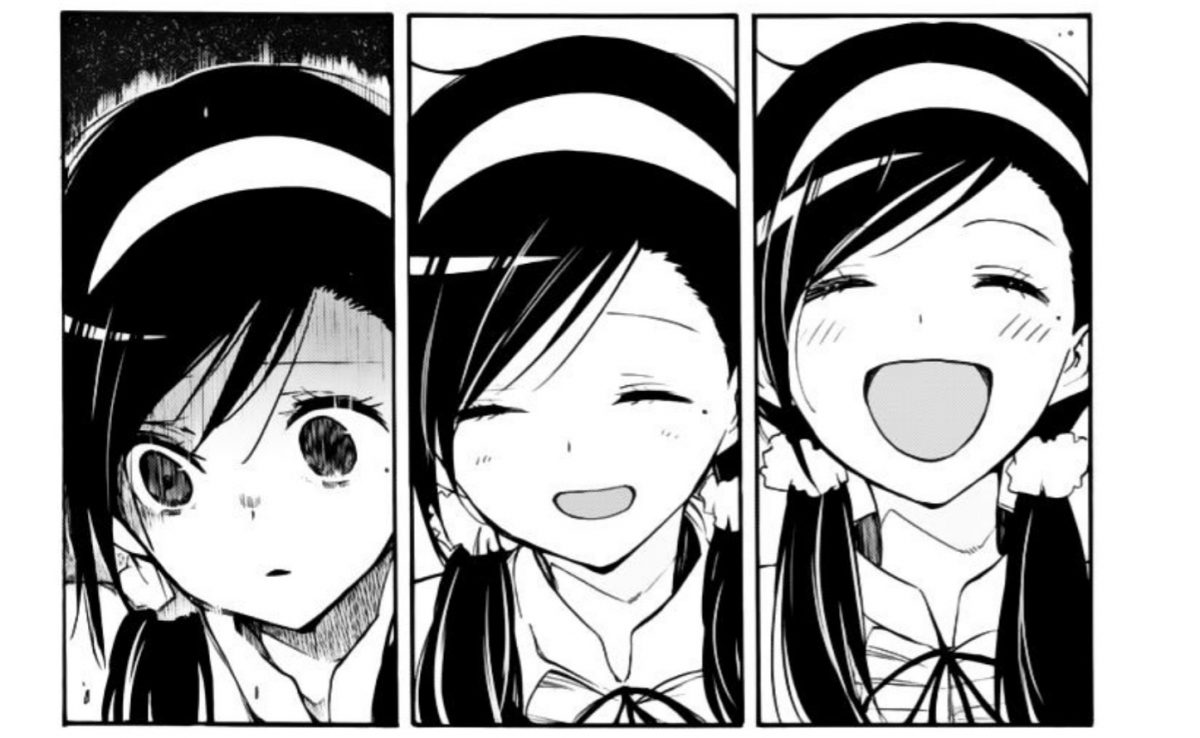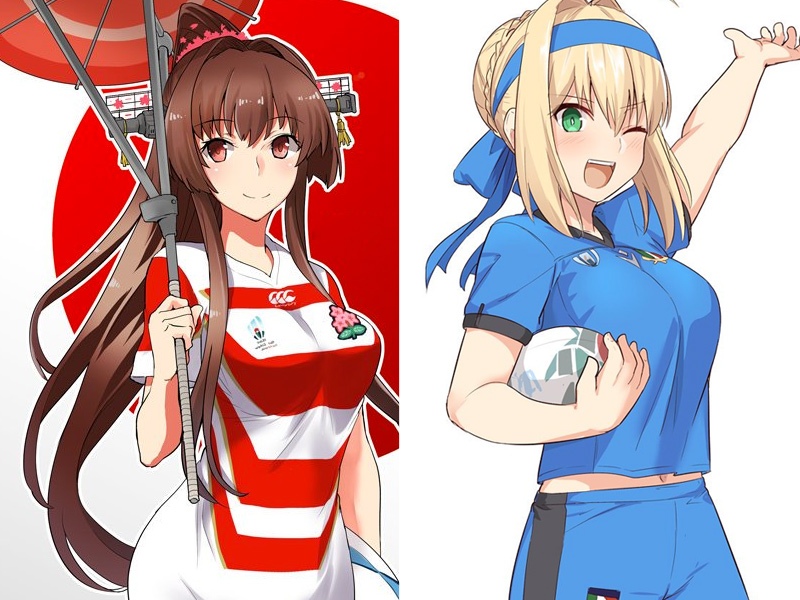There’s a fight brewing in Japan’s business world, as investment fund Murakami Asset Management, the largest shareholder of the popular Hanshin Tigers baseball team, tries to take the team public. His goal is to allow Tigers fans to show their support by becoming shareholders, and of course earn his fund a nice return in the process. He’s encountering significant resistance from the directors of the team, who don’t want to see their crown jewel mishandled, and purist fans in Osaka are also angry about the cold world of business intruding on their love of baseball. The situation is similar to that of T-shirt-wearing president of Livedoor, Takafumi Horie, who had difficulties executing a leveraged buyout of Fuji TV, something that isn’t done very often in Japan. The fact that there can be a controversy about something like this at all brings into question concept of “ownership” of a stock in Japan. The Hanshin Tigers won the Japan World Series this year and has been incredibly popular with Japanese fans.
In other business news, a staple of the Japanese retail industry is falling on hard times. Ito Yokado Group, the company that operates the national chain of department stores Ito Yokado as well as owning all Seven-Eleven and Denny’s in Japan, has been having a bad couple of years. Sales at the company’s flagship department stores have been falling, and 80% of the profit the $6 billion group earns comes from the 10,000 Seven-Eleven stores in Japan. There is nothing more finicky and hard to satisfy as a Japanese consumer, who demand both exceptional quality and low prices in everything they buy, and Ito Yokado is having a tough time of finding the right mix of fashion and value to delivery to its customers. It may be just me, but I think part of their problem might have to do with the boneheaded idea of changing the company name to “Seven & I Holdings” and replacing the famous dove logo on their department stores with the Seven-Eleven image. “Holdings” sounds like so much corporate felgercarb, and the idea of buying clothes from a building with a Seven-Eleven logo on the outside is just bizarre. Jack in the Box restaurants used to be operated by Ralston Purina, but if they put the famous dog food maker’s logo on their restaurants, sales would fall pretty fast, I think.
Do you sleep in a bed or on a futon? Both are popular in Japan, although the trend is definitely towards Western beds among young people. Futons are sleeping mats large enough to sleep one person comfortably. They fold up into three sections for easy storage, and are useful to keep around when guests drop by unexpectedly — just pull a spare futon out of the closet. Futons must be hung out to dry every few days or they’ll accumulate moisture inside, which is unhealthy, and the Japanese believe the sun shining on your futon kills germs (they’re certainly nice to sleep in after they’ve been hung out to dry). The Western “futon” is usually comprised of a large stuffed pad and a wooden frame, but like California Rolls, this is a completely made-in-the-the-West concept.
We’ve got another big volley of 2006 calendars in stock, with 40 or more anime, swimsuit idol, traditional and cultural, and men’s calendars in stock and ready for your immediate order. Browse our stock right now!















